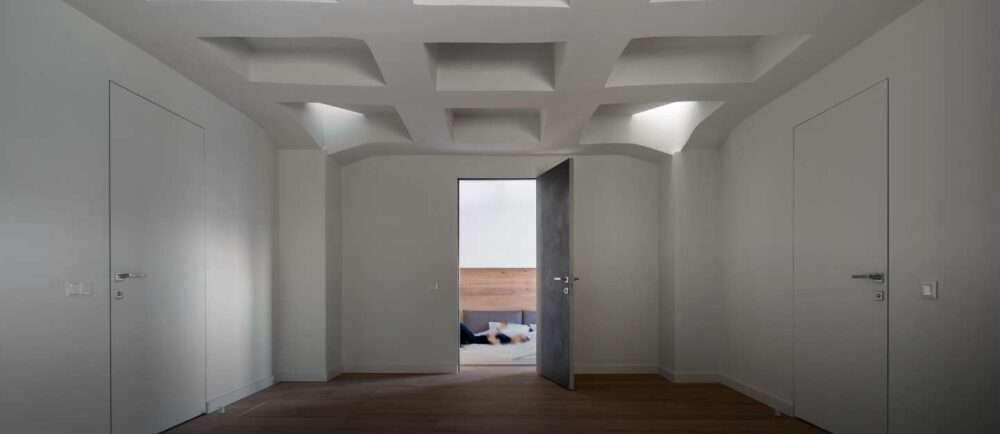2025: A Year of Struggles and Revelry
The phrase “A Year of War and Music” seems to encapsulate the paradox of 2025. It is a year where human ambition clashes with growing challenges, leaving little room for neutrality. One must either partake in the fray of intense conflicts or stand out in the realm of creativity and entertainment.
The Construction Sector: Peaks and Challenges
The construction sector has witnessed remarkable growth this year, fueled by massive government initiatives and sustained international investments. For instance, infrastructure projects in the Middle East and North Africa are advancing at an unprecedented pace.
In Saudi Arabia, projects like NEOM and The Line represent the pinnacle of architectural ambition, with billions of dollars being invested to create futuristic smart cities. According to recent reports, the annual growth rate of the construction sector in the kingdom is expected to exceed 10% over the next five years. Meanwhile, Egypt’s new administrative capital is being built at a breakneck speed, with promises of attracting investments worth hundreds of billions of pounds. Yet, the question remains: can these ambitions withstand the global rise in construction costs and material shortages?
Jobs: New Entrants and a Shifting Labor Market
The radical changes in the labor market are presenting significant challenges for fresh graduates. In 2025, entering the workforce has become increasingly complex. While employment rates have risen in regions like Europe, structural challenges in other parts of the world make securing stable jobs a daunting task.
In the construction sector specifically, there is a pressing need for technical skills, placing immense pressure on new graduates to choose disciplines aligned with market demands. But are universities equipped to provide them with the necessary knowledge? A recent survey found that 60% of new graduates felt their academic programs did not prepare them for the digital workforce. This gap between education and the labor market is a ticking time bomb that could explode at any moment.
However, some experts question the readiness of the new generation to face these challenges, labeling “the TikTok generation” as more inclined toward laziness and dependence on older generations. They argue that the overreliance on technology may stifle critical thinking and practical innovation. So far, there have been no groundbreaking achievements to dispel these criticisms. Can this generation rise above the skepticism and prove its capacity to lead the future? The answer remains complex and uncertain.
Artificial Intelligence: A Double-Edged Sword
It is impossible to discuss 2025 without addressing artificial intelligence, the new player reshaping the labor market and the construction industry. From smart design tools that save weeks of work to robots constructing bridges and pouring concrete, AI has become a force to be reckoned with.
Yet, the adoption of AI is not without controversy. Increased reliance on this technology has led to the replacement of many human jobs, particularly in sectors prone to automation. At the beginning of 2025, the world witnessed devastating wildfires in California, costing the local economy an estimated $150 billion. As this crisis dominated headlines, former President Donald Trump’s return to the political stage further fueled debate and instability. In such a volatile environment, if architects and contractors fail to consider the impact of these economic and political changes, they may find themselves struggling to navigate a ruthless market.
Identity Crisis: Between Tradition and Future
We are living in a critical moment—a moment where humanity is at odds with itself. Do we fully embrace technology and accept the drastic changes it brings to our lives, or do we hold on to the past and resist?
This struggle encapsulates the essence of “A Year of War and Music.” It is a year of sharp contrasts, where we find ourselves caught between the hammer of challenges and the anvil of opportunities. As skyscrapers rise and robots replace workers, the question lingers: are we prepared to bear the consequences of these transformations?
A Final Reflection
2025 is no ordinary year; it is a year of monumental shifts. As we prepare for a future that appears more technological and less human, it is crucial to remember that balance is key. Progress is not merely measured by what we build but by how we create a future that ensures we remain active participants in the equation, not mere spectators.





